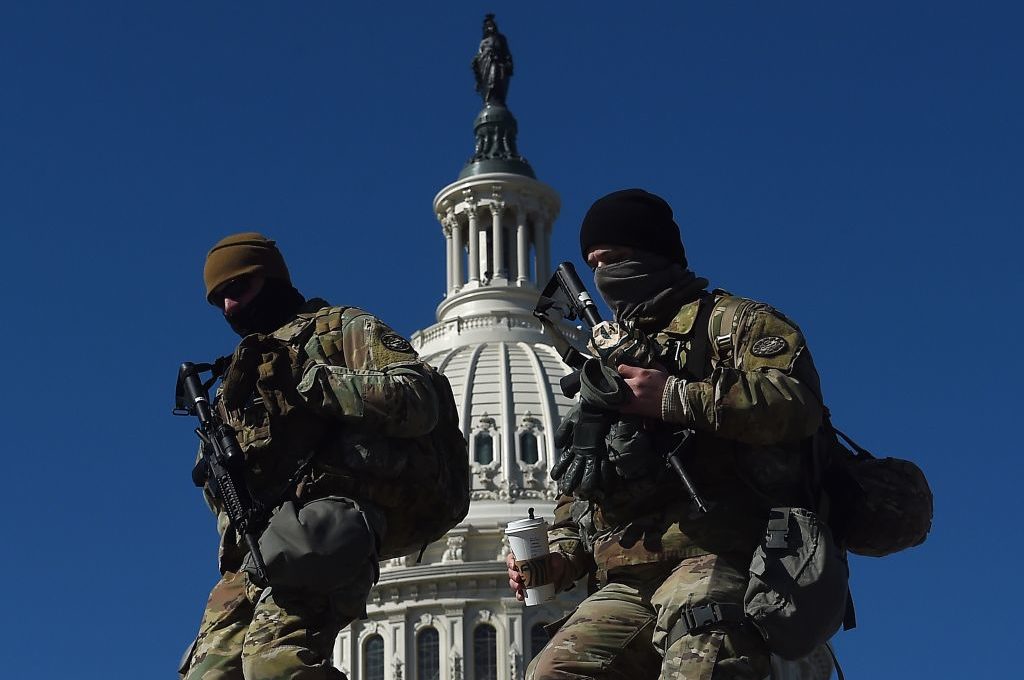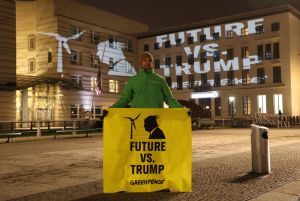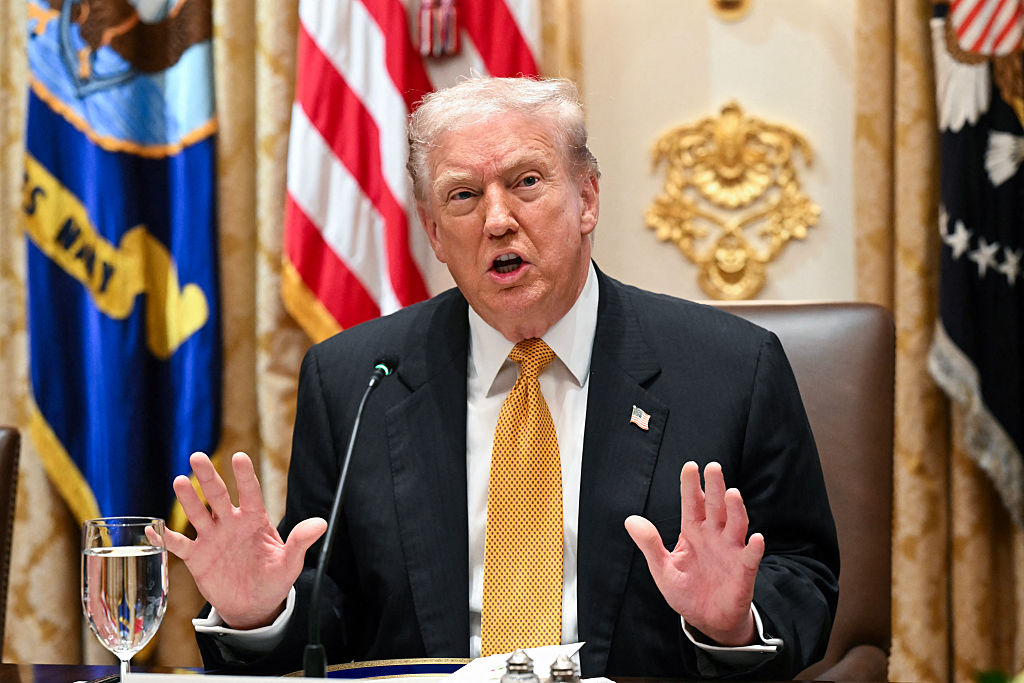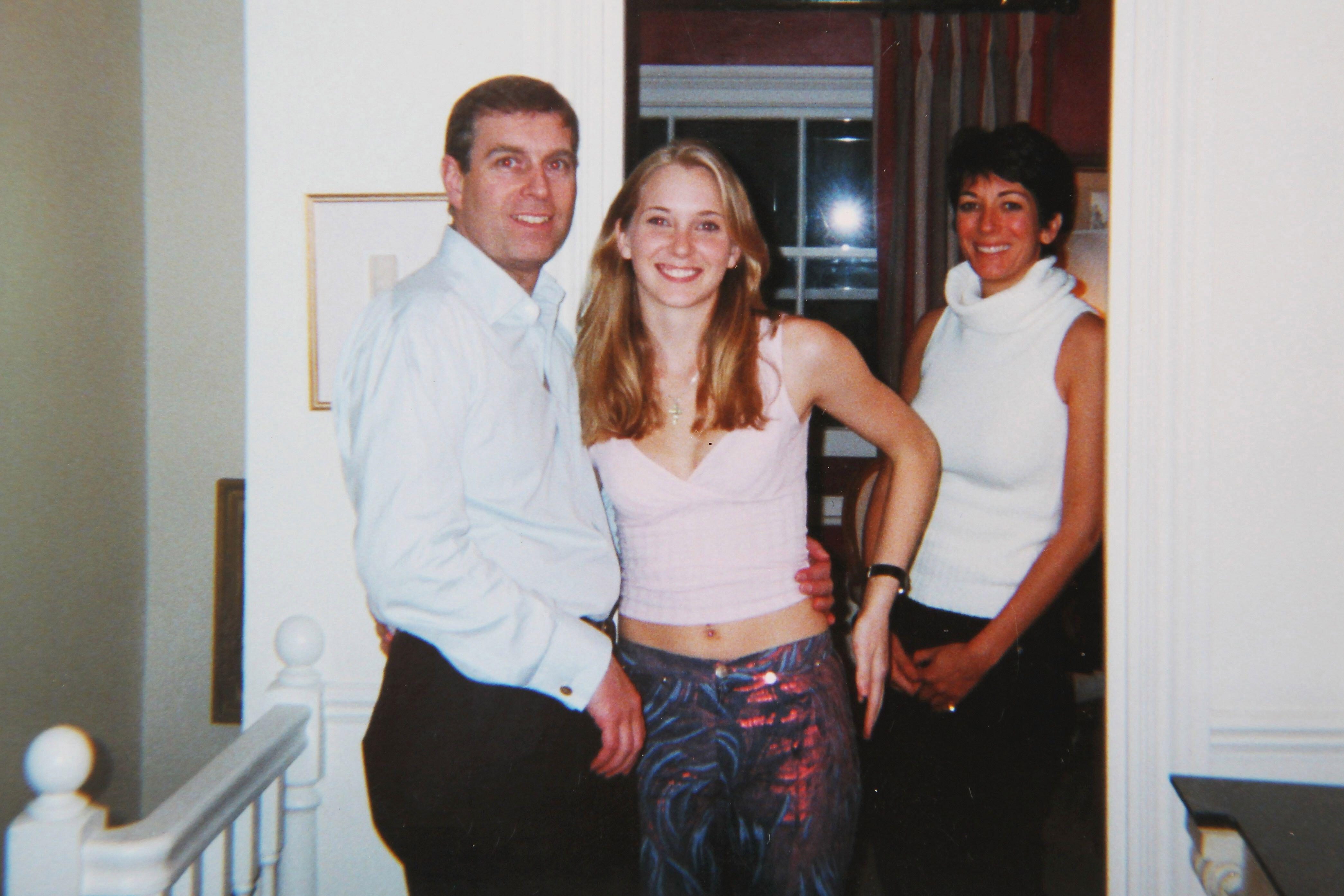If the first month of 2021 is anything to go by, the American culture wars show no sign of abating. The country’s institutions withstood the orgy of violent destruction on Capitol Hill, led by a minority of Trump loyalists. What had been a scene of near anarchy on January 6 was just three weeks later the setting for a peaceful, albeit safely cordoned off, transfer of power.
Nevertheless, the riots of that day have badly scarred the American body politic, not least by providing the country’s liberal establishment with a convenient pretext for a Big Tech clampdown on conservative opinion. Only the most Panglossian optimist could fail to see how the combination of widespread right-wing mistrust of democratic institutions and a vengeful baying for blood on the liberal left might wipe out an already fragile American civic culture. Platitudinous Joe Biden talk of ‘unity and healing’ merely covers, rather than addresses, the nation’s vulnerability to self-implosion — the widespread sense that, 250 years into its history, the United States is now on the brink of a second civil war.
There has been no shortage of such speculation since 2016. Dennis Prager, the conservative radio personality, has claimed that Americans are already fighting their second civil war, albeit not yet a fully militarized one. The veteran liberal reporter Carl Bernstein, too, warned in a 2019 interview that America was in the midst of a ‘cold civil war‘ which Trump was about to turn hot. The list of influential public figures prophesying such an outcome also includes military historian Victor Davis Hanson, national security expert and journalist Thomas E. Ricks and, following the recent Capitol riots, political scientist Barbara F. Walter, who is writing a book on the subject.
Ordinary citizens seem persuaded. Gun purchases are up among Americans on either side of the political spectrum and polls consistently record widespread fear of complete civil breakdown. ‘The United States is more polarized than ever’ is the supreme cliché of modern punditry. It might also be true.
Formerly unifying occasions, now almost without exception, serve to divide Americans. Think of America’s shared sporting events, which have become overshadowed by conflicts over issues ranging from the national anthem to police violence. Even political agreement is now divisive. After attacking Robinhood for protecting Wall Street interests and locking out small independent investors from its financial services platform, Alexandria Ocasio-Cortez received a rare note of support from Republican senator Ted Cruz on Twitter. Rather than embrace Cruz’s bipartisan move, AOC spat the compliment right back at him, even accusing her colleague of attempted murder.
Of course, whatever else Cruz might have to answer for, he is guilty of no such thing; but AOC’s growing popularity goes to show how Americans are increasingly adopting tribal heuristics and losing interest in solving actual problems.
Many historians will say that the eruptions and flashpoints of today’s culture wars pale in comparison to the civil strife of the 1960s, not to mention the bloodied battlefields at Gettysburg and Sharpsburg a century before that. The United States is unlikely to turn into Syria any time soon: it has a durable constitution, regular elections and an independent judiciary precisely in order to prevent such things. Nor is the country plagued by the same structural injustices that existed in 1960, try as the left might to turn slavery reparations or trans issues into the latest moral crusade. Any civil fighting that does break out is likely to remain local, small-scale and unthreatening to what is virtually an omnipotent state — a regrettable nuisance, rather than an existential crisis. Still, there is a strong sense, perhaps not truly felt since the last American Civil War, that the United States is now two countries.
The consequences are constantly before us. For example, as has become clear, with two American countries come two American histories, which increasingly compete with one another for national legitimacy. The 1619 Project and the 1776 Commission are the official prize-fighters in this ongoing struggle over America’s past, with the first arguing that the United States is inextricable from racist oppression and the second claiming that such sins, while undeniable, have been constantly redeemed by the power of American ideals. There can only be one winner and, at elections especially, citizens are invited to pick a side.
This insoluble conflict over the nation’s past further manifests itself at the level of culture, rather as it did in the 1860s Civil War. Indeed, the period is famous for giving rise to some aesthetically quite brilliant artistic songs from the American South, romanticizing the folk simplicities of agricultural life in ‘the land of cotton’ (naturally avoiding any reference to the black slaves forced to pick it) against the Satanic overreach of an industrial, much-reviled North. Today, a similar cultural schism exists, as Hollywood churns out movies about America’s worst moments to satisfy left-wing cultural critics and conservative outlets like Daily Wire create their own films in response.
The threat of a prolonged culture war, rather than old-fashioned political squabbling, is that culture is what keeps a community together, even while disagreement on, say, education or economic policy still persists. But Americans have gone from fairly innocuous, academic debates about whether Herbert Hoover or FDR was a better president to battles over the nation’s very founding ideals. When such conflicts reach an explosion point, as they did last summer and in the weeks before Biden’s inauguration, how are Americans supposed to settle these irreconcilable differences non-violently if there is no common culture?
The answer, obviously, is through civil conversation and robust debate, both of which are in retreat. The left-wing reporters at MSNBC and CNN are not promoting discussions about the post-COVID economy or the exacerbated attainment gap in education. Instead, the liberal media has revived its modus operandi from the Obama years, ignoring lies from the new Biden White House and asking questions about how Democrats plan to get around the first amendment in order to censor Fox News. Meanwhile, you dread to think about the kind of conspiracy theories currently circulating online among resentful right-wingers and how they might seed in the political mainstream in years to come.
The streets might have quietened for now, but the conditions for civil breakdown are everywhere to see and the spirit of reconciliation is in fatally short supply. Prophesies of a second civil war are almost certainly overblown if they assume a similar death-count to the 1860s. But this is no consolation for a country wounded by its own history and engaged in a vicious, seemingly unending contest over what bearing that past should have on the future. Donald Trump, with his promise of greatness and renewal, was an unsophisticated, failed attempt at an answer to America’s crisis of self-definition. So, in his own way, was President Barack Obama, with his message of hope and change. If Biden continues with the divisive executive orders, he will do no better, however much he stammers out the word ‘unity’. Only history will tell whether, despite these poor first weeks, the new President intends to resolve or profit from America’s ongoing culture war.

























